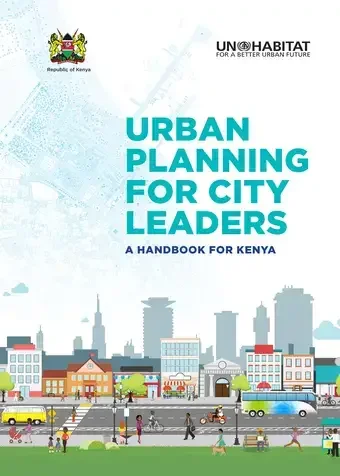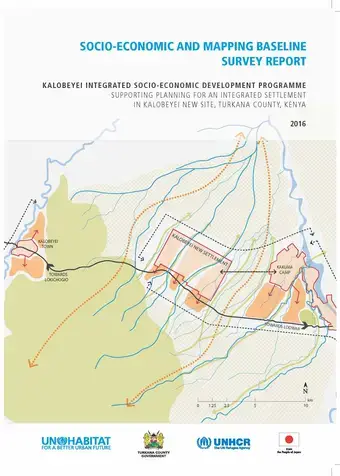Dialogue sur les villes durablesla gouvernance urbaine au coeur de la mise en oeuvre de l’ODD 11
Le Dialogue sur les Villes Durables à Strasbourg a montré que les gouvernements locaux s'approprient déjà les agendas mondiaux, organisent des activités de sensibilisation et mettent en oeuvre le Programme de développement durable à l’horizon 2030, en engageant tous les acteurs locaux. Nous avons également entendu l'engagement des gouvernements nationaux à travailler avec les communautés, le secteur privé et à établir des mécanismes de dialogue et de coopération avec d'autres niveaux de gouvernement pour atteindre des villes durables.
Dialogo sobre ciudadessosteniblesla gobernanza urbana en el núcleo de la implementación del ODS 11
El Diálogo sobre las ciudades sostenibles de Estrasburgo mostró como los gobiernos locales están ya implementando las agendas globales, organizando actividades de sensibilización y haciendo una realidad la Agenda para el desarrollo sostenible 2030 e involucrando a todos los actores locales. En Estrasburgo también escuchamos como los gobiernos nacionales implican a las comunidades y el sector privado para establecer mecanismos de diálogo y colaboración con los demás niveles de gobierno para alcanzar la sostenibilidad en las ciudades.
Sustainable Cities Dialogue Urban Governance at the Core of the Implementation of SDG 11
The Sustainable Cities Dialogue in Strasbourg showed how local governments are already taking ownership of the global agendas, organizing awareness-raising activities and implementing Agenda 2030 for Sustainable Development by engaging all local stakeholders from the grass-roots and up.We have heard the commitment of national governments to work with communities, the private sector and to establish mechanisms of dialogue and cooperation with other levels of governments towards the achievement of sustainable cities.
Urban Law Day 2018
 Urbanization is one of the most significant trends of the 21st Century with the global urban population growing from 732 million in 1950 to 4 billion in 2017. This number is expected to nearly double by 2050. The rapid growth of urban areas has increased economic productivity and provided greater opportunities and better quality of life for many.
Urbanization is one of the most significant trends of the 21st Century with the global urban population growing from 732 million in 1950 to 4 billion in 2017. This number is expected to nearly double by 2050. The rapid growth of urban areas has increased economic productivity and provided greater opportunities and better quality of life for many.





